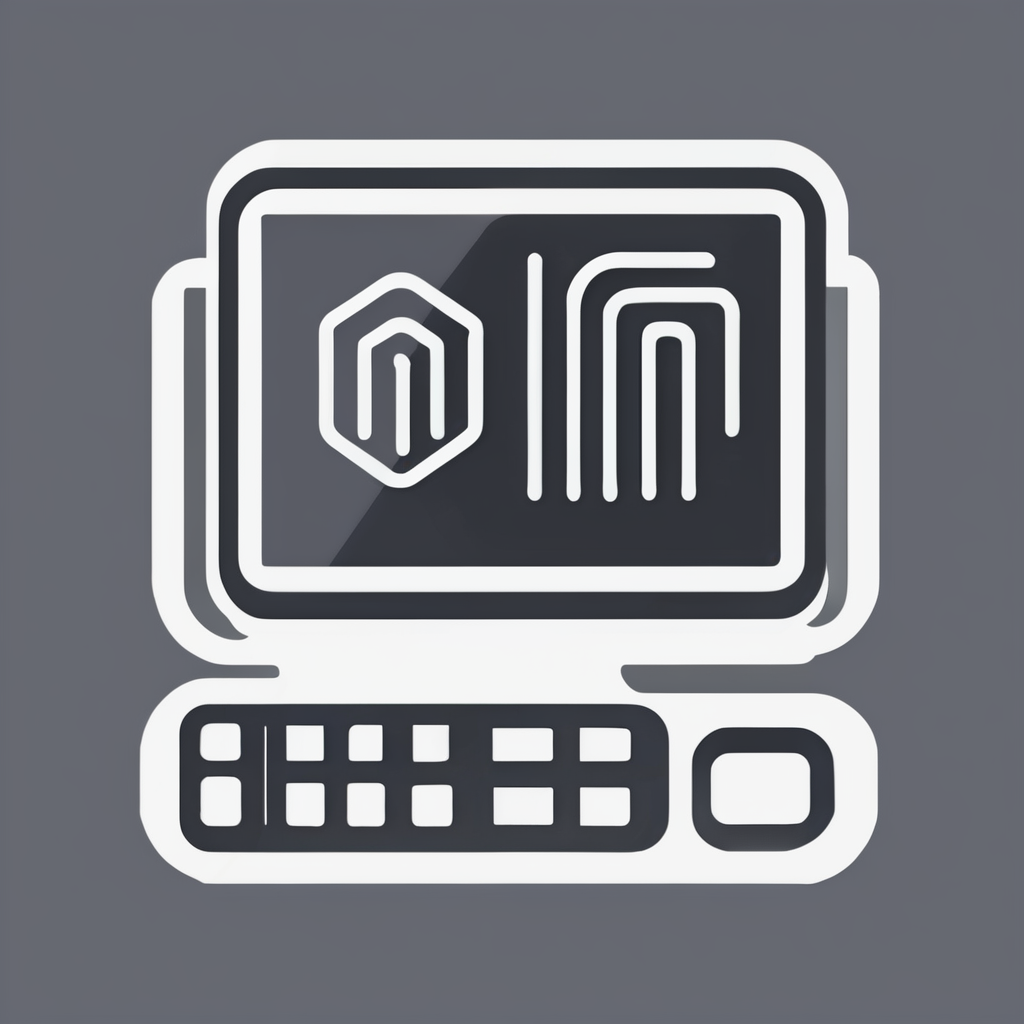Essential computing tools for UK marketing strategies
Navigating the competitive UK marketing landscape demands the right UK marketing tools tailored to regional needs. Selecting the best computing tools involves focusing on core categories: analytics, customer relationship management (CRM), and marketing automation.
Analytics tools provide insight into customer behavior and campaign performance. For UK businesses, compliance with data protection laws like GDPR is vital, making marketing software UK providers advantageous due to their familiarity with local regulations. CRM platforms consolidate customer data, enabling personalised engagement crucial for the UK’s diverse audience. Automation software streamlines repetitive tasks, allowing marketing teams to focus on strategy and creativity.
Also read : How Can Computing Innovations Drive UK Marketing Strategies?
Choosing marketing software UK suppliers ensures integration with UK-specific platforms and compliance standards, reducing risks while enhancing operational efficiency. This focus aligns with the UK’s ongoing digital transformation, where businesses increasingly adopt cloud-based, AI-driven solutions.
In sum, UK marketers benefit most from investing in computing tools that not only drive results but also meet regulatory requirements. Prioritising these tools strengthens marketing strategies and supports sustainable growth within the UK’s dynamic digital ecosystem.
Have you seen this : How can UK marketers effectively use chatbots to engage customers?
Leading analytics platforms for marketing insights
When selecting marketing analytics UK platforms, businesses prioritize tools that offer comprehensive marketing insights while ensuring data compliance UK standards are met. Among the top contenders, Google Analytics 4 (GA4) and Adobe Analytics stand out for their robust features and flexibility.
GA4 excels with event-based tracking, allowing marketers to understand user behavior across devices and platforms. Its integration with Google Ads offers seamless attribution insights vital for UK digital campaigns. Adobe Analytics provides advanced segmentation and predictive analytics, ideal for enterprises requiring granular audience analysis and custom reports.
Both platforms emphasize compliance with UK data privacy laws, including GDPR. This focus is critical as UK businesses must navigate stringent regulations when collecting and processing customer data. Features like data anonymization, consent management, and secure data storage are embedded within these analytics software solutions to help marketers maintain legal integrity.
For marketers targeting UK audiences, these analytics tools deliver insights into evolving market trends, customer preferences, and campaign performance metrics. Businesses benefit from real-time dashboards that enable swift decision-making in a dynamic environment. Choosing the right platform also involves assessing data compliance UK requirements to avoid penalties and preserve customer trust.
Automation tools streamlining UK marketing workflows
Small and large UK marketing teams alike benefit from marketing automation UK platforms designed to simplify repetitive tasks and enhance campaign success. Leading automation platforms UK like HubSpot, Mailchimp, and ActiveCampaign offer robust marketing workflow tools. These tools excel at improving efficiency by automating email sequences, segmenting contacts based on user behavior or demographics, and managing multi-channel campaigns seamlessly.
Segmentation features stand out as critical for targeting the right audience segments with personalized content, boosting engagement rates. Email automation handles everything from welcome messages to follow-ups, reducing manual workload and ensuring consistent communication.
For growing UK businesses, scaling marketing efforts can be daunting. These automation platforms support scalability by providing templates, performance analytics, and integrations with CRM systems, helping teams manage increased volume without extra resources. This approach allows marketers to focus on strategy while automation tools execute tactical elements accurately and promptly.
In essence, marketing automation UK is not just about cutting time but also about enhancing the overall customer journey through smarter, data-driven marketing workflows. Understanding these tools’ capabilities helps UK teams streamline their workload, improve campaign precision, and ultimately craft more effective marketing initiatives.
Effective CRM systems for customer engagement
Understanding the right CRM for UK marketers is crucial to enhance UK customer management. Leading platforms like Salesforce, Zoho CRM, and HubSpot CRM each offer distinctive features tailored for business growth.
Salesforce stands out with robust customization and extensive third-party integrations, ideal for large enterprises needing comprehensive solutions. Zoho CRM appeals to small and medium businesses with its affordability and ease of use, yet it maintains powerful automation capabilities. HubSpot CRM offers a seamless experience with its intuitive interface and excellent marketing tools, making it a favorite among marketing teams.
For the UK market, GDPR compliance is non-negotiable. All top CRM platforms incorporate strict data privacy controls, which ensure customer data is handled appropriately. Additionally, UK-specific localisations, such as seamless integration with popular British communication channels, support effective engagement strategies. These integrations enable marketers to maintain consistent contact through preferred customer touchpoints.
Effective CRMs also bolster customer retention by enabling detailed customer profiles and facilitating personalised marketing campaigns. This capability allows marketers to tailor content and offers to individual preferences, ultimately driving loyalty and long-term engagement.
UK-specific considerations for marketing computing tools
When selecting computing tools for marketing in the UK, compliance with UK data laws and GDPR is paramount. While sharing similarities, UK data laws have nuances distinct from the EU’s GDPR, making it critical to verify that a tool fully complies with UK regulations to avoid legal pitfalls. For instance, data residency and processing agreements must align with UK standards.
Localization features also play a crucial role. Tools that offer tailored language options, currency settings, and region-specific analytics ease adaptation and improve user experience. Beyond basic functionalities, regional support tools are essential—having access to UK-based customer service teams ensures timely assistance and smoother integrations with local platforms.
Transparency in pricing structures is another significant factor. Marketers should prefer tools demonstrating clear cost breakdowns aligned with UK market norms to prevent unexpected fees. Furthermore, leveraging user reviews from UK-based companies provides practical insight into tools’ reliability and performance within the local marketplace.
Case studies showcasing successful integration by UK brands underline the importance of blending technical capabilities with local compliance and support. These examples often highlight how seamless integration with UK systems directly enhances marketing outcomes, affirming the value of selecting tools attuned to UK marketing compliance and operational realities.
Recommendations and practical implementation tips
Selecting the best marketing tools UK hinges on matching each tool category to specific business needs. For instance, analytics platforms excel for data-driven insights, while email automation software is ideal for nurturing leads. Implementing tools without a clear purpose reduces efficiency.
When adopting marketing software, prioritize marketing software tips such as involving teams early to ease adoption, providing thorough training, and setting realistic expectations. Staff buy-in improves engagement and tool effectiveness. Tailor training sessions to the skill levels of your marketing teams and encourage hands-on practice.
Ongoing monitoring of performance metrics is crucial. Track key performance indicators (KPIs) relevant to each tool to assess impact on campaigns. This approach allows you to calculate ROI accurately and justify investment.
Finally, as the UK marketing landscape evolves, so should your tool stack. Stay alert to emerging trends, and be prepared to phase out outdated software in favor of solutions offering better integration or advanced features. Flexibility is key; regularly reviewing tool performance and market trends ensures your marketing stack stays competitive and aligned with business goals.


